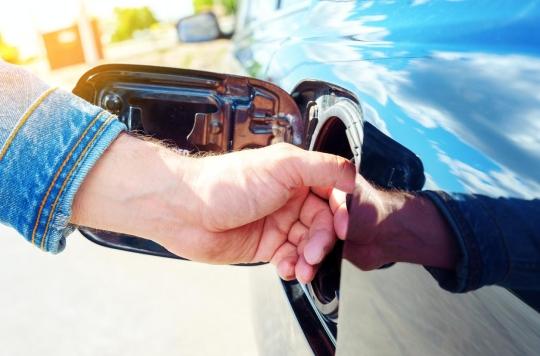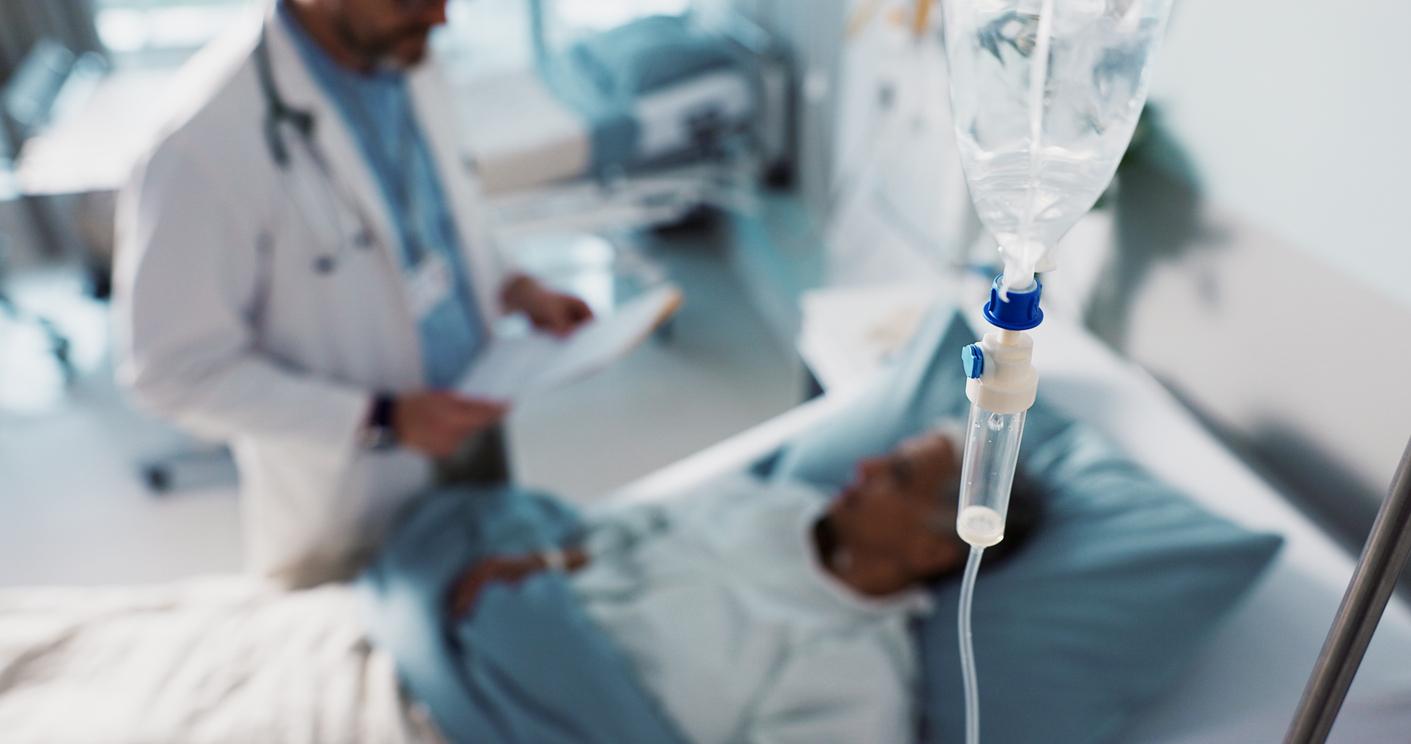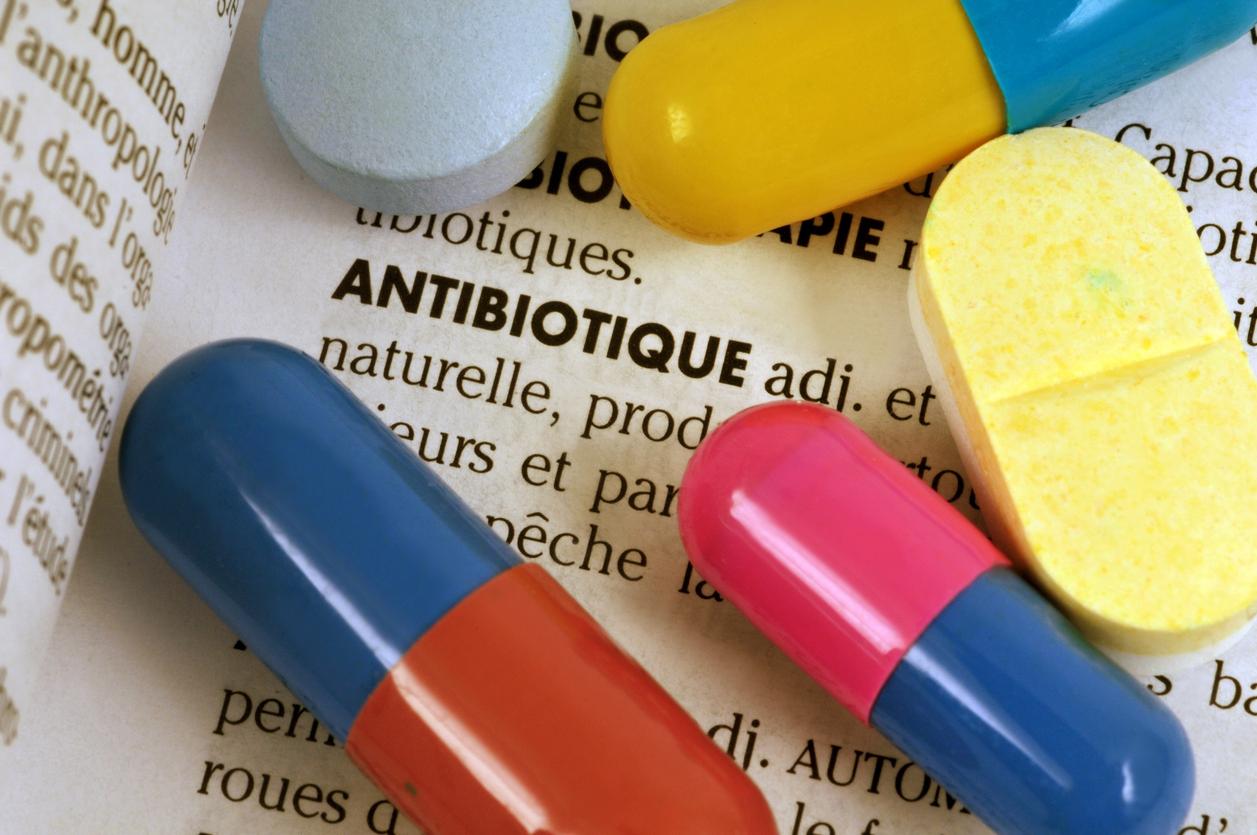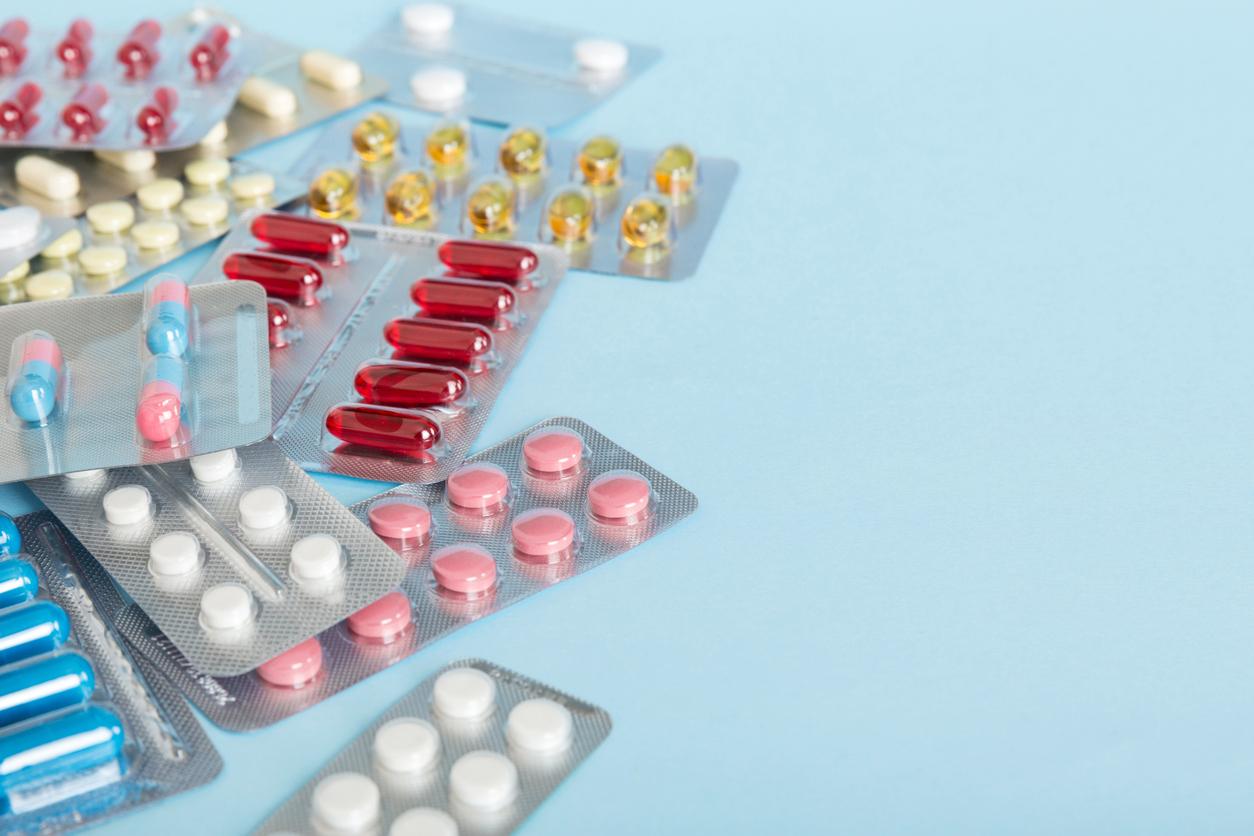During the fuel shortage, the number of poisonings caused by siphoning increased dramatically. Health authorities strongly advise against this dangerous practice.

- “In the event of a vital emergency (respiratory distress, loss of consciousness, etc.): call 15 or 112 or 114 for deaf and hard of hearing people”, specifies ANSES.
- For medical advice, except in life-threatening emergencies, after ingesting fuels, you should contact a poison control center or consult a doctor.
During the month of October, several service stations were forced to close due to fuel supply difficulties, caused by strikes in French refineries. To compensate for the lack of gasoline and to be able to use their car, some citizens have turned to siphoning. Clearly, they emptied the tank of another vehicle by sucking the fuel through its mouth using a hose.
5 times more poisonings linked to siphoning were recorded in October
According to ANSES, this practice is not without health risks. And for good reason, poisonings by siphoning fuels were multiplied by five during the shortage, according to the poison control centers. In detail, this increase in cases occurred between October 9 and 18, 2022. “The fuel had been siphoned from road vehicle tanks, even agricultural machinery or gardening equipment such as mowers”, they indicated.
Fuel siphoning: poisoning responsible for pneumopathy
Health authorities strongly advise against siphoning, because by sucking into the pipe, it is possible to ingest a small amount of fuel, “which is enough to cause poisoning, regardless of the type of fuel (gasoline, diesel, etc.).” In a statementANSES reports that the characteristics of petroleum fuels (namely very fluid, irritating and volatile) increase the risk of misdirection, which can have serious consequences on the bronchial tubes.
According to the Poison Control Centers, the poisoned people showed the first signs of possible pneumopathy, digestive symptoms (gastric reflux, abdominal pain, nausea, vomiting) and neurological signs (headaches, dizziness and drowsiness). “Some patients have presented with respiratory problems requiring consultation in the emergency room, or even hospitalization”, can we read in the press release.
Do not induce vomiting or drink if fuel is swallowed
If fuel is ingested, ANSES recommends not drinking and not inducing vomiting in order to prevent fuel from passing into the bronchi and then the lungs. She also recommends rinsing your mouth and not performing risky activities, such as driving a car, as alertness can be impaired. Another tip: watch for respiratory symptoms and wash your hands with soap.















